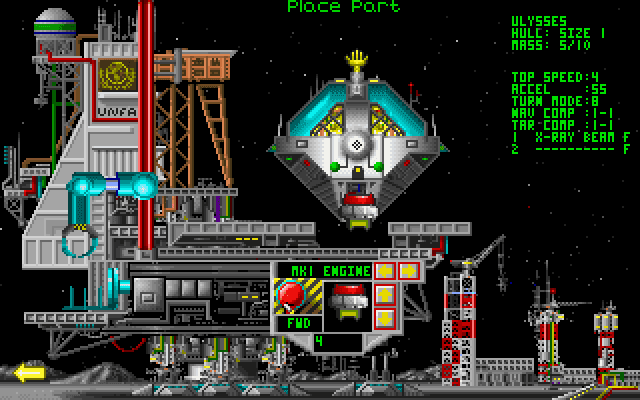

Why are these three conflicts so resistant to resolution efforts? Which aspects of these conflicts impede UN efforts? Which factors in the UN approach hinder progress? What lessons can be learned for future mediation efforts? And how can Europeans help to move the UN’s attempts at mediation forwards? The changed military balance of power has now made the initial goal of a political transition unrealistic. In Syria, the UN has not even managed to hold direct negotiations on power-sharing between the parties in the civil war. In Yemen and Libya, power-sharing agreements have not prevented conflicts from continuing or resuming. Not so for the three conflicts analysed here: all UN efforts to end them through power-sharing have failed.

Most of these negotiated settlements were based on power-sharing agreements. Since the 1990s, some of the most protracted civil wars have been settled under the UN’s overall command or with its participation. The UN has an established leadership role in mediation efforts to end civil wars. In all three cases, the United Nations (UN) are trying to mediate agreements between parties in the conflicts to bring about peace through power-sharing. The upheavals in the Arab world since 2011 have led to civil wars in three countries: Libya, Syria and Yemen. Mareike Transfeld is a doctoral student at the Berlin Graduate School Muslim Cultures and Societies This study answers the following questions: Why are these three conflicts so resistant to resolution efforts? What are the specific aspects of the conflict configurations that impede UN efforts? What factors in the UN approach are obstacles to a successful conclusion? What lessons can be learned for future mediation efforts? And how can Europe contribute to progress in this area?ĭr Muriel Asseburg is a Senior Fellow in the Middle East and Africa Division at SWPĭr Wolfram Lacher is a Senior Associate in the Middle East and Africa Division at SWP The altered military balance of power has rendered the initial goal of a political transition unrealistic. In Syria, the UN has not even managed to bring together the Syrian parties in the civil war for direct talks.

In Yemen and Libya, power-sharing agreements have not prevented conflicts from lingering on or violence from breaking out again. In the three conflicts examined here, however, the UN’s attempts at resolution through power-sharing have failed. In this endeavour, the UN can lean on its broad experience in mediation efforts to end civil wars.

In all three cases, the United Nations have tried to mediate agreements between the conflicting parties to bring about peace through power-sharing. The upheavals in the Arab world since 2011 have led to civil wars in three countries: Libya, Syria and Yemen.


 0 kommentar(er)
0 kommentar(er)
